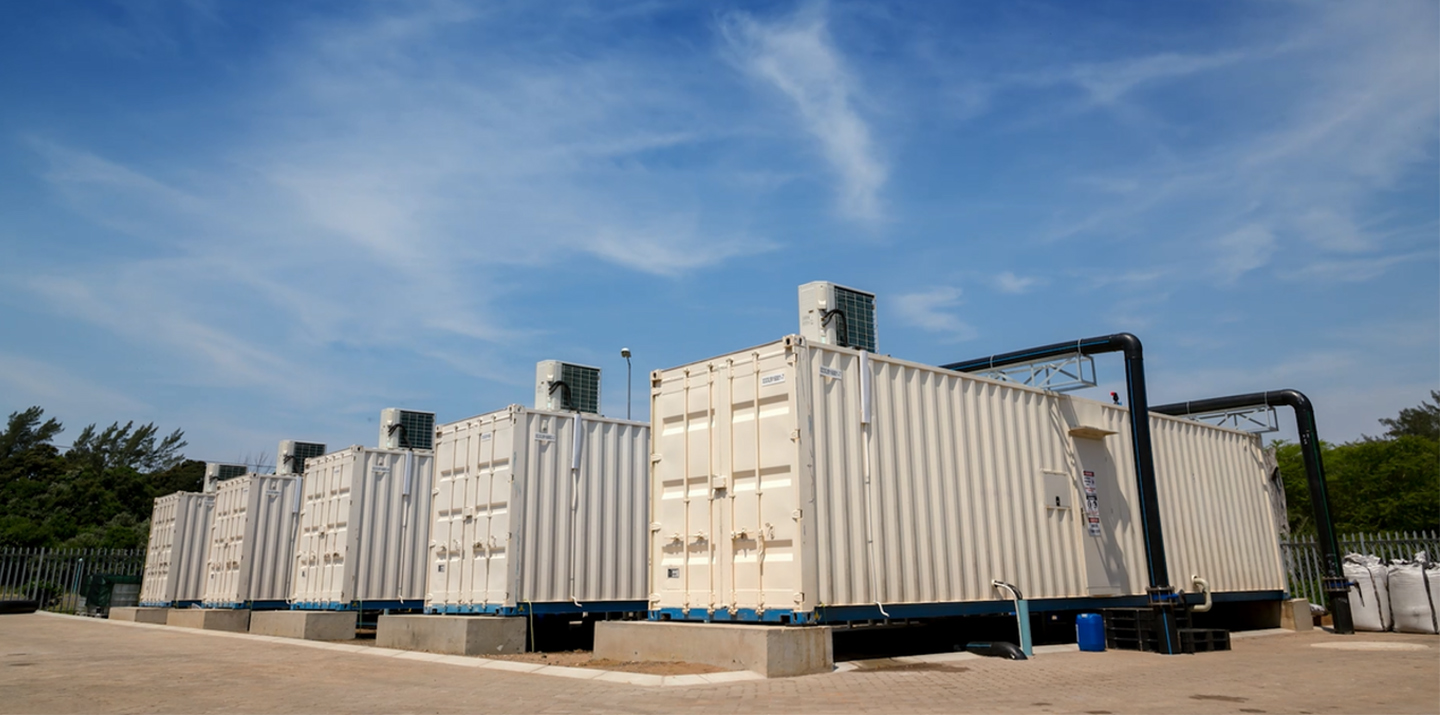
Although One Water is generally thought of as a large-scale approach, it can be applied on any scale, and through many treatment modes such as decentralization, desalination, and water reuse.
By considering all water, even wastewater, valuable, we open doors
The One Water movement in water and wastewater management considers all water valuable, whether stormwater, domestic water, commercial, industrial, municipal, wastewater, or drinking water. It’s a broad movement that may encompass many visions, all converging toward a unified, comprehensive approach to maximizing water resources.
According to the Water Research Foundation, “One Water is an integrated planning and implementation approach to managing finite water resources for long-term resilience and reliability, meeting both community and ecosystem needs.”
The organization says research shows One Water’s integrated approach is effective in addressing the many challenges of climate change, including aging infrastructure, pollution, and a shifting regulatory landscape. “Many benefits are realized when the barriers traditionally separating water, wastewater, stormwater, and reuse are broken down.”
The US Water Alliance is an organization that advances policies and programs to build a sustainable water future for all. In its “One Water Roadmap: The Sustainable Management of Life’s Most Essential Resource,” it cited One Water ideals:
- Belief that all water has value
- Focus on elegant solutions for multiple benefits
- Holistic systems approach
- Ambitions across watersheds
- Accurately scaled solutions
- Progress through collaboration
- Inclusiveness and wide engagement
Spearheading the One Water movement, the US Water Alliance convenes the One Water Council, a platform that connects utility managers, sustainability directors, planners, community leaders, environmentalists, business leaders, and researchers.
Some questions remain about putting the One Water approach into practice. For instance, will national water approaches be retooled to include direct potable reuse, when drinking water has always been kept separate from wastewater treatment? The increasing demand for water is overcoming resistance to the idea.
Realizing Value From All Water
Although One Water is generally thought of as a large-scale approach, it can be applied on any scale, and through many treatment modes. Here are some of them.
Water Reuse: Wastewater reuse is one of the best ways to give value to a resource that has long been discarded. Treating wastewater to nonpotable reuse standards delivers a safe source of water for uses including landscape or agricultural irrigation, toilet flushing, and dust reduction, without wasting drinking water. Fluence’s Aspiral™ modular units treat wastewater to California’s stringent Title 22 reuse standards.
Decentralization: One Water’s watershed-level ambitions call for a decentralized strategy that can cover a great deal more ground than the legacy treatment model. Smaller units dotted across a watershed deliver treatment far more efficiently than one plant with long, expensive pipelines. Aspiral™ decentralized units can be deployed over large areas. In one example, Aspiral™ plants are deployed at 50 km intervals along a highway in in central China’s Hubei Province.
Waste-to-Energy: Wastewater, especially streams with high organic loads, often contains more energy than it takes to treat it. Anaerobic digestion can harvest that energy as biogas that can be used to power treatment processes and more.
Desalination: There is 800 times more brackish water than fresh water in the United States. Brackish water has traditionally been considered worthless, but it can be desalinated at significantly less cost than seawater. Fluence’s modular NIROBOX™ reverse osmosis units desalinate brackish and seawater with updated technology. NIROBOX™ containerized units are ready to serve in diverse regions and can transform stormwater into a usable resource as well.
Fluence products align with One Water principles. In addition, our Water Management Services promote inclusion, with financing structures including public-private partnership, build-own-operate, and build-own-operate-transfer, that can bring updated infrastructure to communities that have limited access to investment capital.
Contact Fluence to realize value from all available streams.
